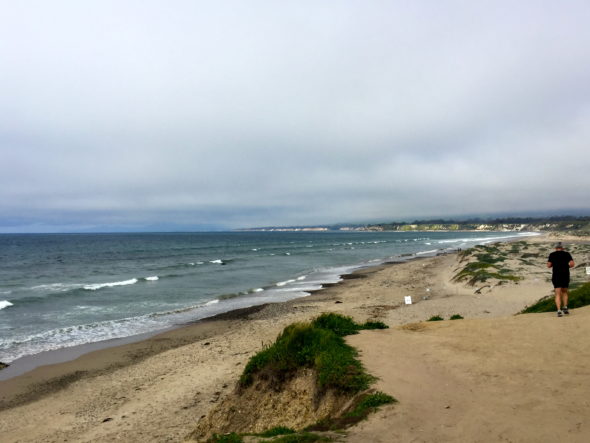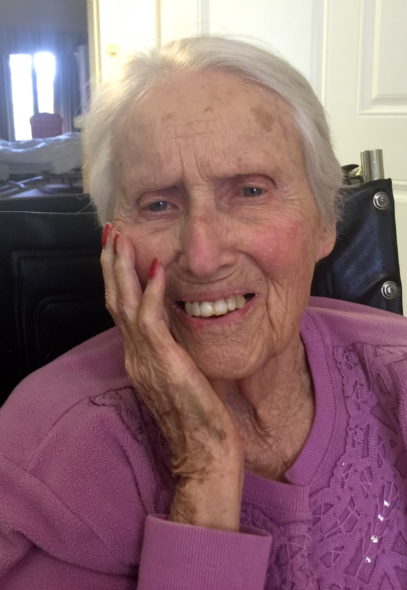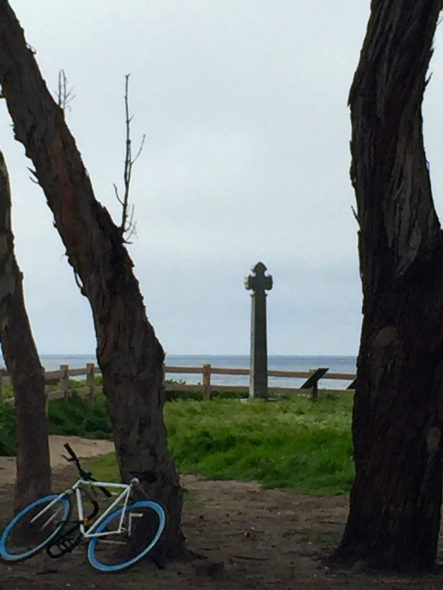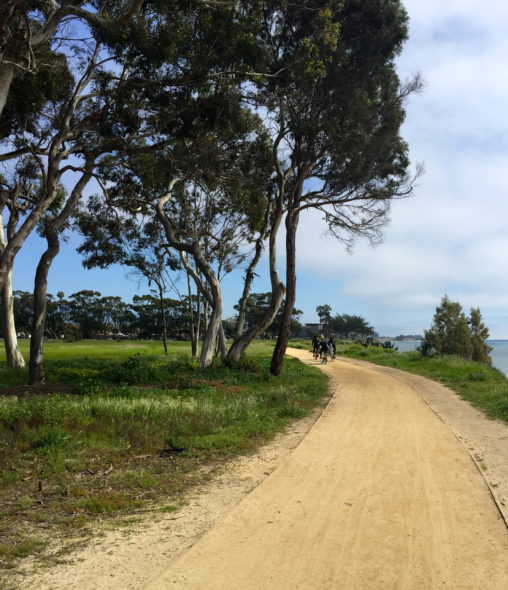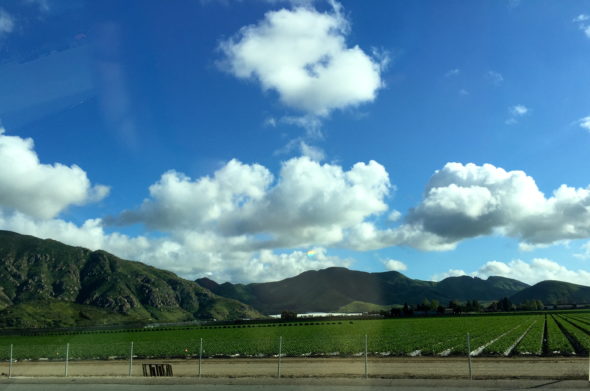The Liturgy of the Palms
Psalm 118:1-2, 19-29
O give thanks to the Lord, for he is good;
his steadfast love endures forever!
Let Israel say,
“His steadfast love endures forever.”
Open to me the gates of righteousness,
that I may enter through them
and give thanks to the Lord.
This is the gate of the Lord;
the righteous shall enter through it.I thank you that you have answered me
and have become my salvation.
The stone that the builders rejected
has become the chief cornerstone.
This is the Lord’s doing;
it is marvelous in our eyes.
This is the day that the Lord has made;
let us rejoice and be glad in it.
Save us, we beseech you, O Lord!
O Lord, we beseech you, give us success!Blessed is the one who comes in the name of the Lord.
We bless you from the house of the Lord.
The Lord is God,
and he has given us light.
Bind the festal procession with branches,
up to the horns of the altar.You are my God, and I will give thanks to you;
you are my God, I will extol you.
O give thanks to the Lord, for he is good,
for his steadfast love endures forever.
Matthew 21:1-11
When they had come near Jerusalem and had reached Bethphage, at the Mount of Olives, Jesus sent two disciples, saying to them, “Go into the village ahead of you, and immediately you will find a donkey tied, and a colt with her; untie them and bring them to me. If anyone says anything to you, just say this, ‘The Lord needs them.’ And he will send them immediately.” This took place to fulfill what had been spoken through the prophet, saying,
“Tell the daughter of Zion,
Look, your king is coming to you,
humble, and mounted on a donkey,
and on a colt, the foal of a donkey.”The disciples went and did as Jesus had directed them; they brought the donkey and the colt, and put their cloaks on them, and he sat on them. A very large crowd spread their cloaks on the road, and others cut branches from the trees and spread them on the road. The crowds that went ahead of him and that followed were shouting,
“Hosanna to the Son of David!
Blessed is the one who comes in the name of the Lord!
Hosanna in the highest heaven!”When he entered Jerusalem, the whole city was in turmoil, asking, “Who is this?” 11 The crowds were saying, “This is the prophet Jesus from Nazareth in Galilee.”
Does this Sunday ever strike you as peculiar? One week before the Resurrection, this festive occasion unfolds before us. And Jesus has special knowledge, he expects it. Somehow, he realizes the coming parade will fulfill the prophecies from the psalms and the prophets and everyone and everything needed will be supplied. It’s mysterious, when you think about it. It tells a powerful story of mob fickleness and of fast changing public opinion with devastating results.
It also stands as a stark reminder of the truth, doesn’t it? Jesus IS worthy of palms, and branches, and clothes strewn in his way. He chooses, however, to enter town on an ass, not the colt of a king. Always choosing the humble way, even as he sets his face toward Jerusalem and the parade, and the suffering and pain that will follow. It’s a remarkable story, one I never tire of hearing . . . or telling.
Thank you for our story, Jesus. Thank you for making it possible for us to be made new, thank you for modeling what a truly human life looks like. And thank you for choosing to show us how suffering can cleanse and restore and renew. We love you and we think about your journey a lot, especially as we move into the week ahead.

